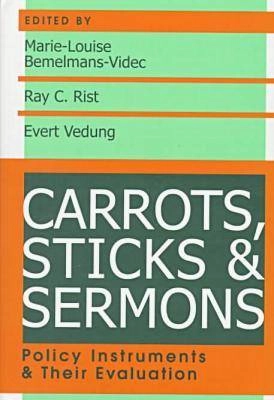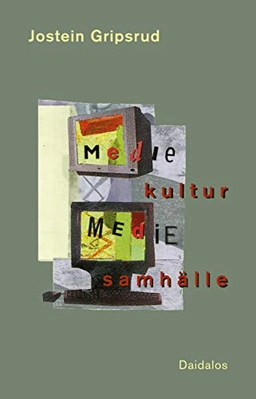

Carrots, Sticks & Sermons: Policy Instruments and Their EvaluationVolym 4 av Comparative policy analysis series
- Utgiven: 1998
- ISBN: 9781560003380
- Sidor: 280 st
- Förlag: Transaction Publishers
- Språk: Engelska
Om boken
Åtkomstkoder och digitalt tilläggsmaterial garanteras inte med begagnade böcker
Mer om Carrots, Sticks & Sermons: Policy Instruments and Their EvaluationVolym 4 av Comparative policy analysis series (1998)
1998 släpptes boken Carrots, Sticks & Sermons: Policy Instruments and Their EvaluationVolym 4 av Comparative policy analysis series skriven av Marie-Louise Bemelmans-Videc, Ray C. Rist, Evert Vedung. Den är skriven på engelska och består av 280 sidor. Förlaget bakom boken är Transaction Publishers.
Köp boken Carrots, Sticks & Sermons: Policy Instruments and Their EvaluationVolym 4 av Comparative policy analysis series på Studentapan och spara pengar.
Referera till Carrots, Sticks & Sermons: Policy Instruments and Their EvaluationVolym 4 av Comparative policy analysis series
Harvard
Oxford
APA
Vancouver



















